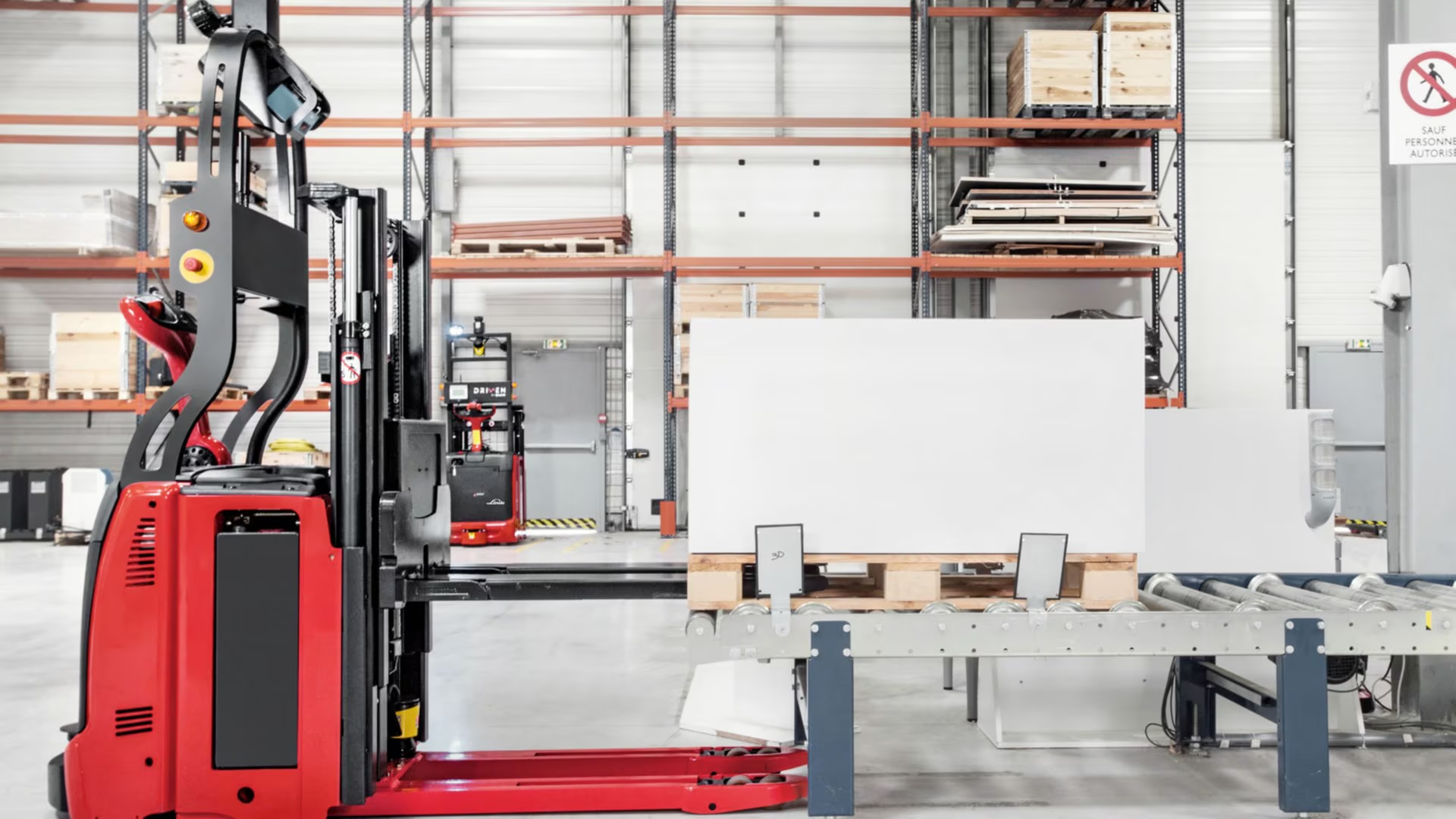
What is the difference between AGV and AMR?
In today’s fast-paced logistics landscape, warehouse efficiency is paramount. Automated Guided Vehicles (AGVs) are transforming material handling, offering significant improvements in productivity, safety, and cost-effectiveness. This guide explores how AGV systems can revolutionize your warehouse operations.
What are AGV Systems?
AGV systems are intelligent, driverless robots designed to automate the movement of materials within a warehouse or manufacturing facility. Unlike traditional forklifts, AGVs navigate pre-defined paths using advanced technologies like laser guidance, magnetic strips, or computer vision. This allows for precise and reliable material transportation without human intervention.
Key Benefits of AGV Systems in Warehouses:
- Increased Efficiency: AGVs operate 24/7, reducing downtime and optimizing material flow. Expect potential efficiency increases of up to 30% in material handling.
- Reduced Labor Costs: By automating repetitive tasks, AGVs minimize the need for manual labor, leading to significant cost savings.
- Enhanced Safety: AGVs are equipped with sensors and safety features, reducing the risk of accidents and workplace injuries.
- Improved Accuracy: AGVs ensure precise material placement, minimizing errors and improving inventory accuracy.
- Scalability and Flexibility: AGV systems can be easily adapted to changing warehouse layouts and workflows.
- Data Driven insights: Modern AGV systems provide data about material flow, and potential bottlenecks.
Types of AGVs Commonly Used in Warehouses:
- Forklift AGVs: Designed for pallet handling, these AGVs can lift and transport heavy loads efficiently.
- Tugger AGVs: Ideal for moving carts and trailers, these AGVs are perfect for line-side delivery and long-distance transport.
- Unit Load AGVs: Used for transporting individual items or containers, these AGVs are common in e-commerce fulfillment centers.
AGV Warehouse Implementation: A Step-by-Step Guide:
- Needs Assessment: Identify your specific material handling requirements and pain points.
- System Design: Determine the optimal AGV type, navigation system, and layout for your warehouse.
- Integration: Integrate the AGV system with your existing warehouse management system (WMS).
- Testing and Training: Thoroughly test the system and provide training to your staff.
- Ongoing Optimization: Monitor performance and make adjustments as needed.
Cost Analysis: Implementing AGVs in Your Facility:
The cost of implementing AGV systems varies depending on factors like the size of your warehouse, the complexity of the system, and the number of AGVs required. However, the long-term benefits, including reduced labor costs and increased efficiency, often outweigh the initial investment. Contact us for a personalized cost analysis.
Conclusion:
AGV systems are a powerful tool for optimizing warehouse operations. By automating material handling, AGVs can improve efficiency, reduce costs, and enhance safety. If you’re looking to revolutionize your warehouse, consider implementing an AGV system.
Want to know more? We’re here to guide your operation to efficiency!
Request Consultation
"*" indicates required fields
